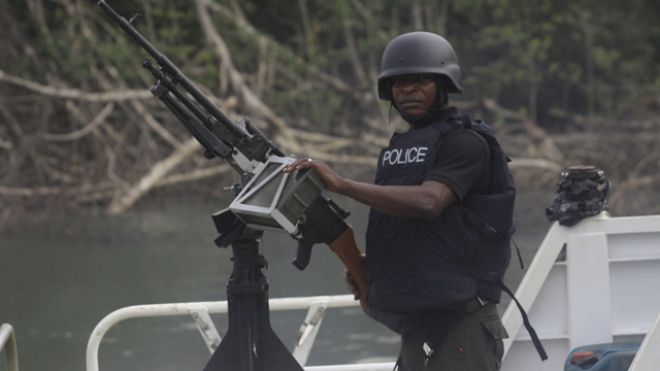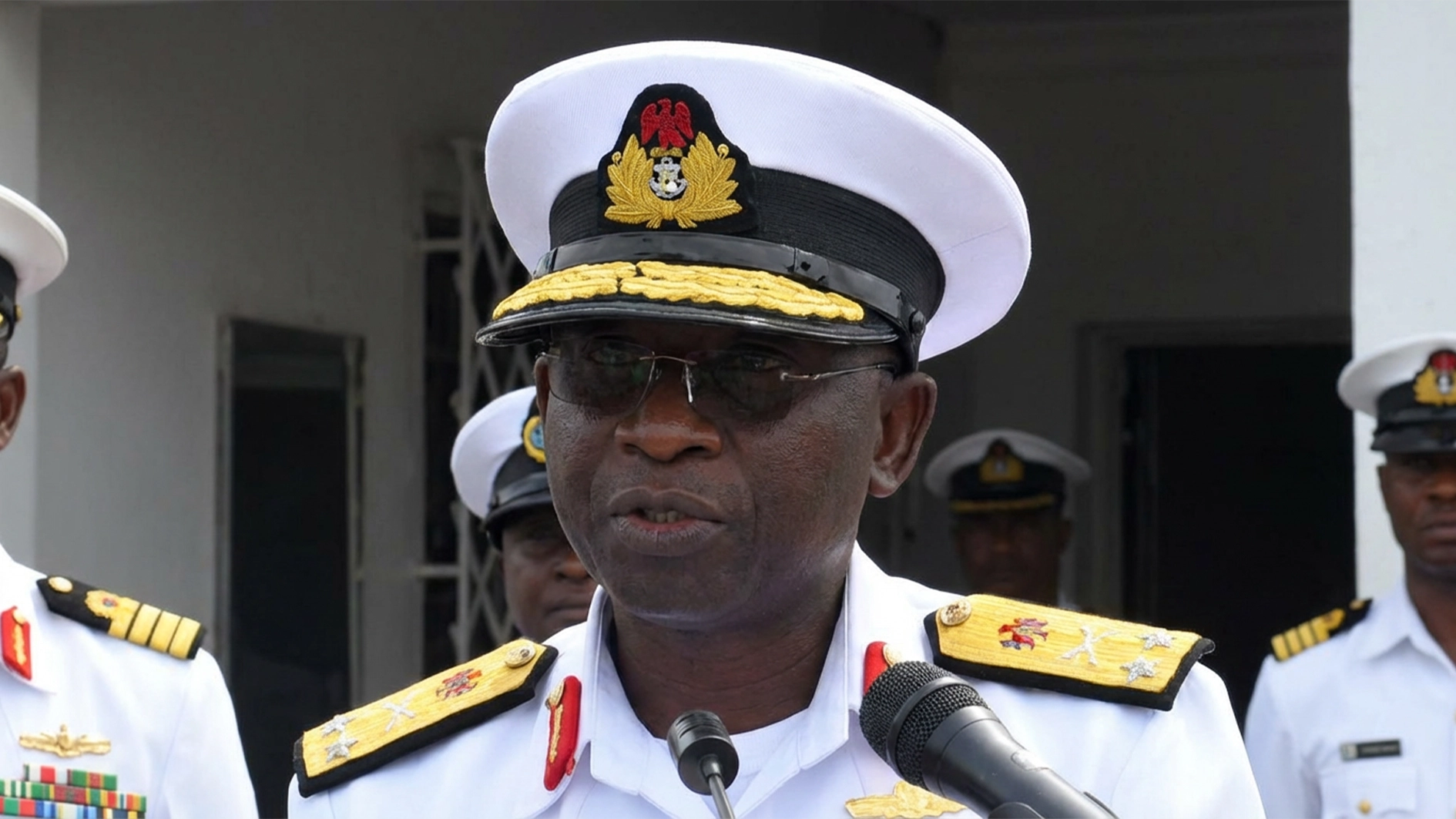In a promising step towards solving long-standing potable water challenges in Ilaje, the Ilaje Water Security Project Research Team at University of Lagos funded by the Association of Commonwealth Universities, (ACU) in collaboration with the Bariga LCDA, government officials, and residents of Ilaje community in Bariga, Lagos came together at a stakeholders’ dissemination meeting at the University of Lagos to deliberate on climate-friendly and sustainable solutions to drinking water problems in the community.
The event showcased the outcomes of a collaborative project funded by the ACU addressing water security in Ilaje.
The initiative led in Nigeria by Dr Temitope Sogbanmu, an Environmental Toxicologist and Senior Lecturer at the University of Lagos, also runs concurrently in India and South Africa. It focuses on identifying climate-friendly and sustainable solutions to water problems in low and middle-income communities, with Ilaje chosen as a model in Nigeria because of its proximity to the university and the severity of its water-related issues.
During the scientific study, the team carried out community mapping and water testing in Ilaje. They discovered that despite the community’s size, there are only three functional government pipe-borne water points.
Community members rely mostly on natural water sources, which are salty and not suitable for use. While the tests did not find parasites in the water, high levels of disease-causing microbes and chemical elements (lead, arsenic, fluoride, iron, among others) were detected in some borehole water sampled in the study and tested using rapid test kits by the trained community members. Also, the salt content causes skin irritation and other discomforts.
But the project’s aim was not to dig boreholes or provide temporary fixes. Rather, it was about helping the community understand the root of the problem and work together to find lasting solutions. “We wanted to open their eyes to the real issues and co-create with them sustainable ways to address the water challenges.” Sogbanmu said.
She also promised to follow up the action of the government stakeholders who attended the meeting and assured the community of their support.
Indeed, several government representatives not only participated but also exchanged contact details with community members and promised to take up their concerns. Engineer Bolaji Ogunlewe, Director of Water Distribution Network at the Lagos Water Corporation, described the initiative as timely. “We are here to listen and take the feedback seriously. Work is ongoing on resolving the water issue in Ilaje, and we will see it through,” he said.
For the people of Ilaje, the meeting was more than just another visit from outsiders. According to the community chairman, Babatunde Daniel, the project stood out because it brought both researchers and policy makers directly into the community. “We’ve had NGOs and agencies come around before, but this one is different,” he said. “It taught us how to tell quality water from bad water, and we spoke directly to the people that matter.”
Dr Olanike Buraimoh, an Associate Professor of Microbiology at the University of Lagos, said Ilaje was chosen as a focus for the project because of its closeness to the university. “We cannot ignore the suffering of a community that is just next door. It was important to start with those closest to us.”
Other university officials, including Dr Olasunbo Olusanya who represented the Director of the Research Management Office, also praised the project for its approach. “The use of citizen science and community engagement really made this project stand out,” she said. “It allowed residents to voice their concerns directly to government agencies, and it encouraged genuine conversation.”






